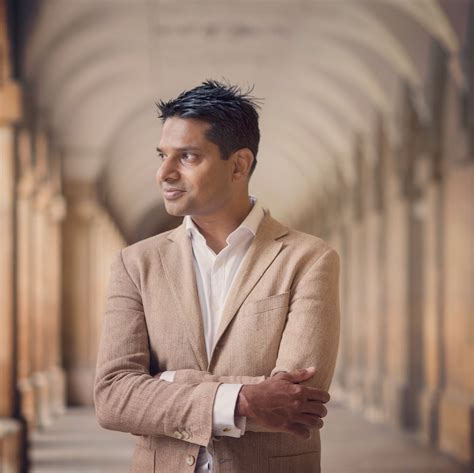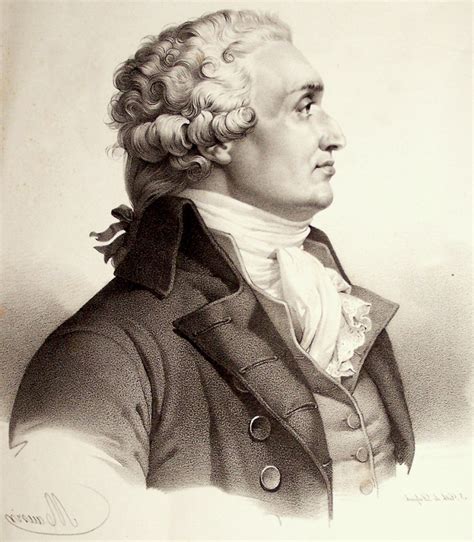A Quote by Henry Miller
Every man, when he gets quiet, when he becomes desperately honest with himself, is capable of uttering profound truths. We all derive from the same source. There is no mystery about the origin of things. We are all part of creation, all kings, all poets, all musicians; we have only to open up, only to discover what is already there.
Related Quotes
Everyday we slaughter our finest impulses. That is why we get a heartache when we read the lines written by the hand of a master and recognize them as our own, as the tender shoots which we stifled because we lacked the faith to believe in our own powers, our own criterion of truth and beauty. Everyman, when he gets quiet, when he becomes desperately honest with himself, is capable of uttering profound truths.
According to the Buddha, the failure to recognize the illusion of the self is the source of all ignorance and unhappiness. It is only by renouncing the self, that is, by dropping his ego defences and committing metaphorical suicide, that a person can open up to different modes of being and relating and thereby transform himself into a pure essence of humanity. In so doing, he becomes free to recast himself as a much more joyful and productive person, and attains the only species of transcendence and immortality that is open to man.
The tao that can be told is not the eternal Tao The name that can be named is not the eternal Name. The unnamable is the eternally real. Naming is the origin of all particular things. Free from desire, you realize the mystery. Caught in desire, you see only the manifestations. Yet mystery and manifestations arise from the same source. This source is called darkness. Darkness within darkness. The gateway to all understanding.
This act [creation], as it is for God, must always remain totally inconceivable to man. For we--even our poets and musicians and inventors--never, in the ultimate sense make. We only build. We always have materials to build from. All we can know about the act of creation must be derived from what we can gather about the relation of the creatures to their Creator
If an open source product gets good enough, we'll simply take it. So the great thing about open source is nobody owns it - a company like Oracle is free to take it for nothing, include it in our products and charge for support, and that's what we'll do. So it is not disruptive at all - you have to find places to add value. Once open source gets good enough, competing with it would be insane. We don't have to fight open source, we have to exploit open source.
As the mind learns to understand more complicated combinations of ideas, simpler formulae soon reduce their complexity; so truths that were discovered only by great effort, that could at first only be understood by men capable of profound thought, are soon developed and proved by methods that are not beyond the reach of common intelligence. The strength and the limits of man
If a young man gets married, and starts a family and spends the rest of his life working at a soul-destroying job, he is held up as an example of virtue and responsibility. The other type of man, living only for himself, working only for himself, doing first one thing and then another simply because he enjoys it and because he has to keep only himself, sleeping where and when he wants, and facing woman when he meets her on equal terms and not as one of a million slaves, is rejected by society. The free, unshackled man has no place in its midst.
Each state of the human mind has some parable in the physical creation by which it is shadowed forth; nor is it only artists and poets, but even the most abstract thinkers that have drawn from this source. Lively activity we name fire; time is a stream that rolls on, sweeping all before it; eternity is a circle; a mystery is hid in midnight gloom, and truth dwells in the sun. Nay, I begin to believe that even the future destiny of the human race is prefigured in the dark oracular utterances of bodily creation.




































